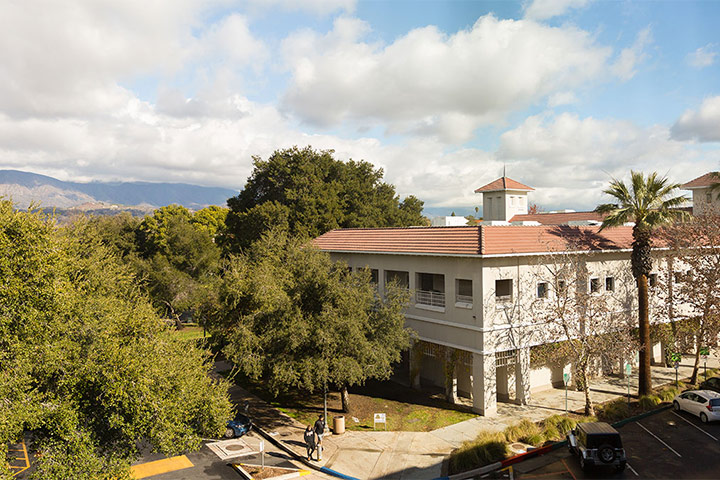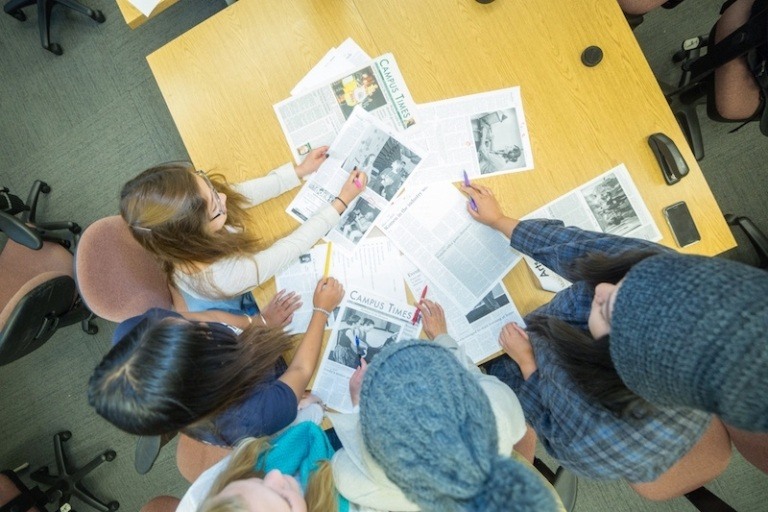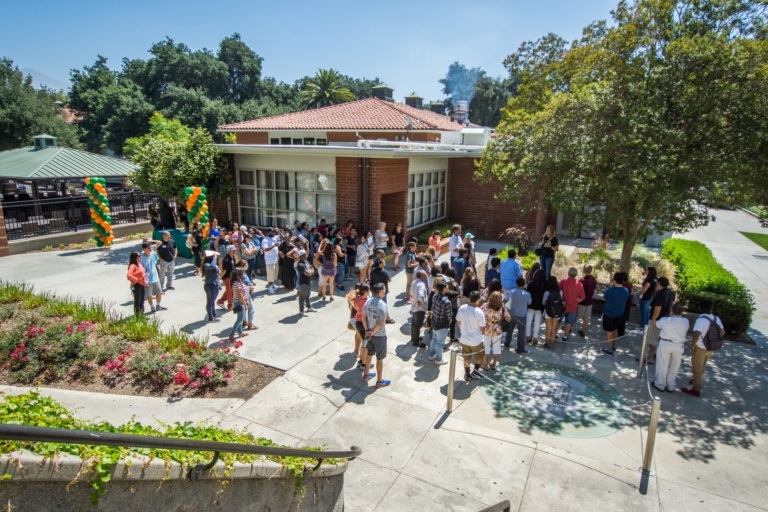La Verne Senior Pursuing “Safe Zone” for Undocumented Students
Diego Chavez is set to receive his undergraduate diploma in communications during University of La Verne’s Spring Commencement this month, but his work at La Verne is far from over.
Chavez, whose parents are undocumented immigrants, navigated his college years before and after the 2012 passage of Deferred Action for Childhood Arrivals. That meant he had to take the bus to school during his time at Pasadena City College because he could not get a driver’s license. Surpassing the hurdles of applications and financial aid proved to be even more difficult. And he often feared his parents could be deported without warning.
“The first year of college was the most painful of my five years in college,” he said.
Now he wants to make it easier for other students in the same situation.
Chavez is working to establish a club called “United Without Boundaries,” a group he hopes will create a campus climate that is friendly toward students who are undocumented. He hopes the club will include a qualified part-time employee who can mentor them.
It was the subject of his senior project, which he presented at La Verne in late April to students, staff and faculty.
“Hopefully this becomes the catalyst for change at La Verne and surrounding communities,” said Tahil Sharma, who graduated in January and attended Chavez’s presentation.
Chavez was born in Puerto Vallarta, Mexico and brought to the U.S. in 1999 when he was 7-years-old. While some children do not discover their citizenship status until later in life, Chavez said he grew up knowing he was undocumented.
That helped him mentally prepare for the challenges ahead when he applied for college. Once he entered Pasadena City College, he did not remain quiet about his status. He worked to create an activist club called “Beyond Borders,” which encouraged undocumented students to come out of the shadows and unite.
Chavez later transferred to La Verne to pursue a communications degree, focusing on public affairs. By this time, DACA had passed, so he was able to get a driver’s license and a Social Security card – two items that prevented him from being able to drive or get a job.
But challenges still remained. He was not familiar with resources available to undocumented students at La Verne, and says he felt like he had no allies. Though La Verne partnered in November with TheDream.US, which provides $25,000 scholarships to undocumented students, Chavez argues that support for transfer students is harder to find.
They are struggles he hopes he can save other students from experiencing through the undocumented students club he is pursuing at La Verne.
His motivation inspired him to visit the University of California, Berkeley. There, he toured a site called the Dream Center, which is dedicated to assisting undocumented students. He envisions something similar being offered at La Verne one day, giving students access to pro bono legal advice, financial aid information and other resources tailored toward undocumented students.
But for now, he is focused on the club and improving the climate for students following in his footsteps. That includes his younger brother.
“I’m doing this for him,” he said.


